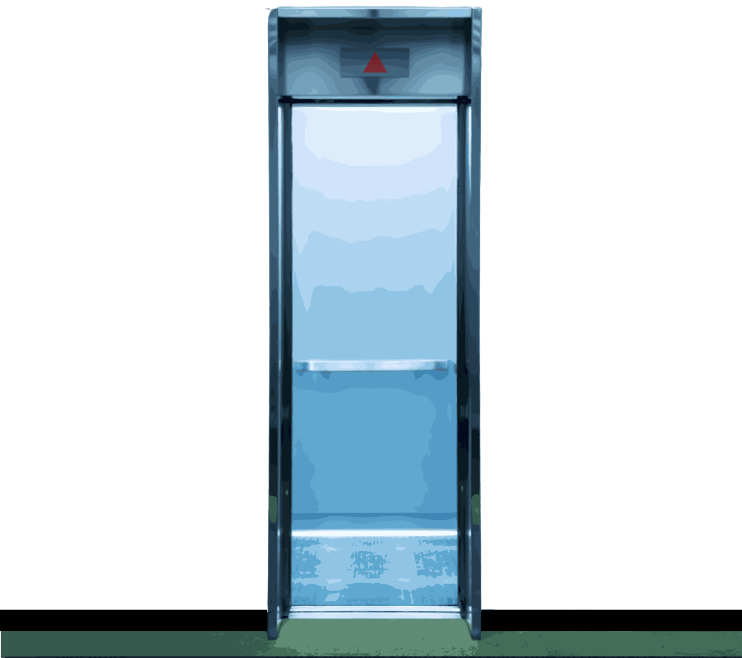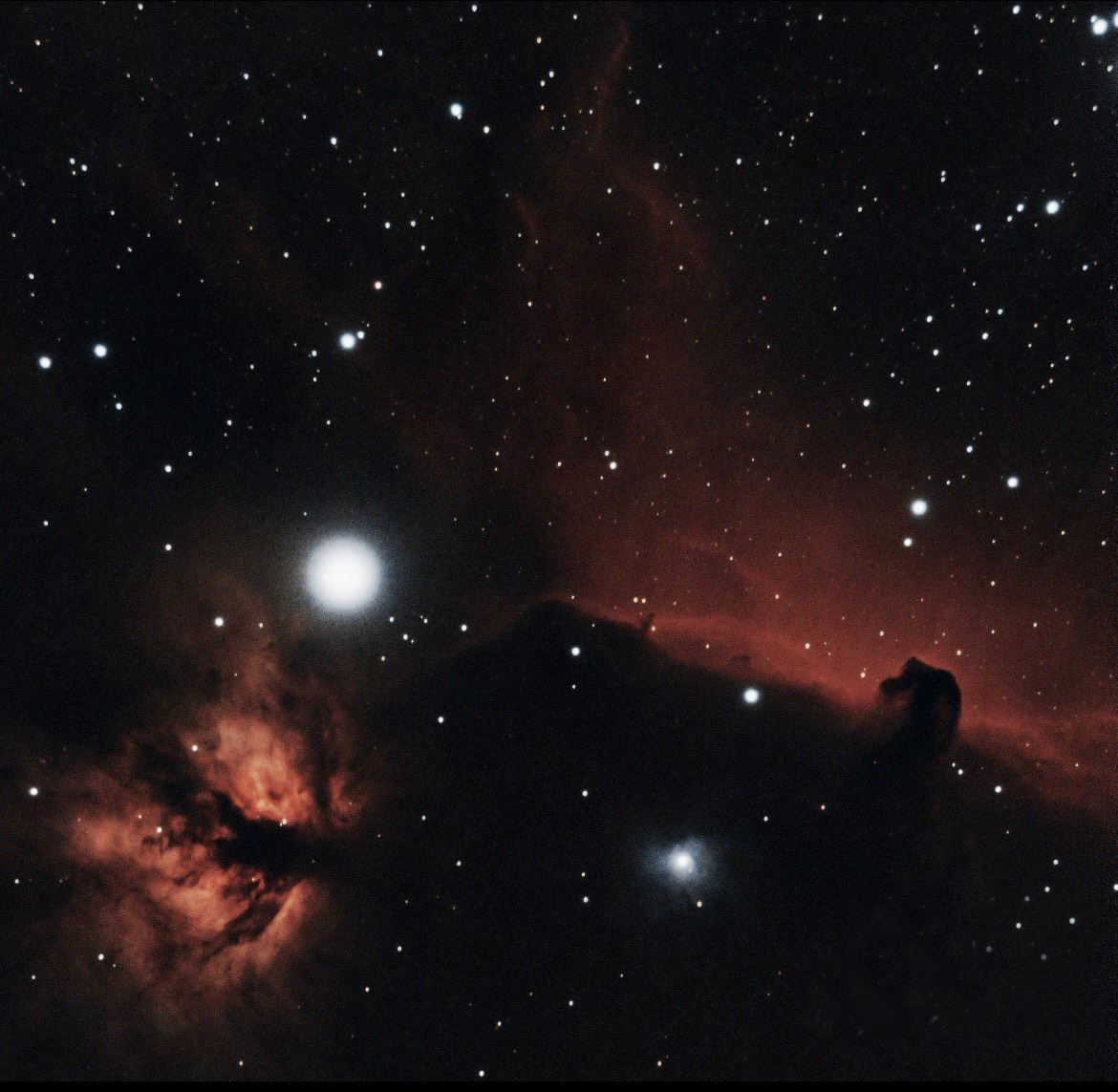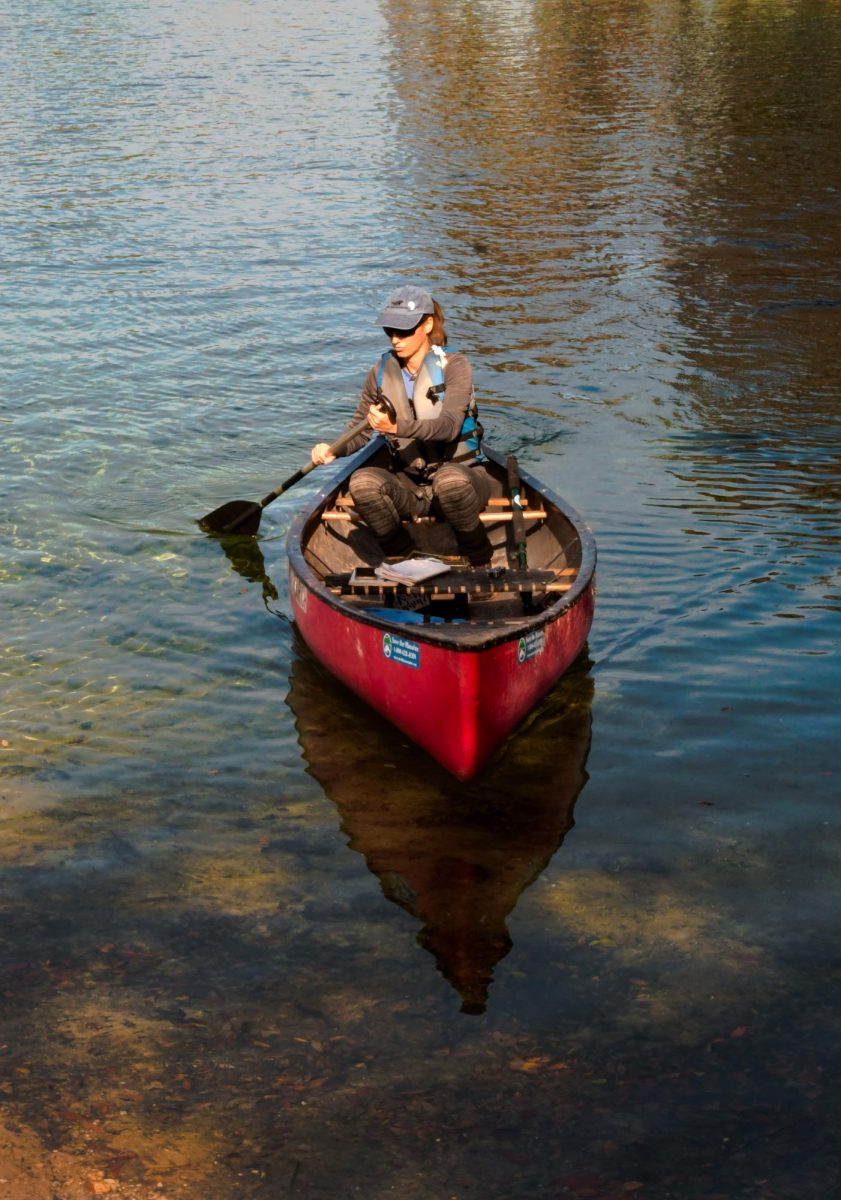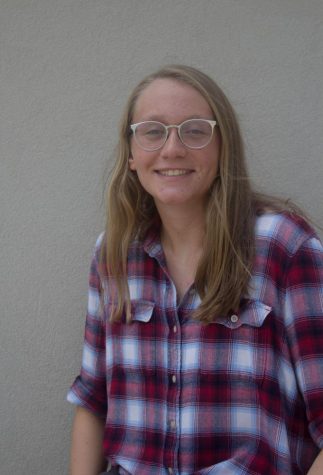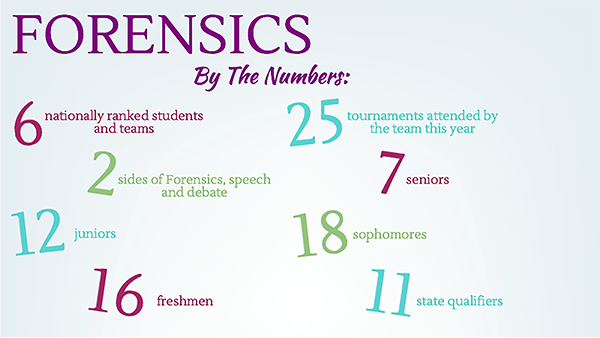
Many Trinity sports teams are ranked high in the state of Florida. However, what many people don’t know is that our Forensics team competes at (and succeeds in) national tournaments almost every month. Many current members of the team are high in the national rankings. Take senior captain Lalee Ibssa, who is currently ranked first, fifth, first, and third in the country in her events.
“At Nationals, I got 12th place out of about 5,000 kids, so that was really cool,” she said. “It was really nice to see all the hard work finally pay off.”
Though these national rankings, generated by sites such as debaterankings.com, are reliable, they are not always indicative of how a student will place at a national tournament.
“It is also important to draw a distinction between national rankings and placing highly at a national tournament,” Forensics team director Nathan Johnston said. “For example, a student may win an event at a national tournament (like Alexandra Lipton ‘18 did at GMU in informative speaking), but since we don’t really have a consistent informative ranking website, there’s no real perspective ranking for what is otherwise a really great accomplishment. The rankings are neat, but not the most important thing. Looking at how students do at any given national tournament can be much more indicative of success. Given the size of our school versus many other schools around the country, we do exceptionally well.”
Ibssa is also considering continuing Forensics in college. She has been approached by several colleges and is now weighing her options.
“I heard about Forensics when the graduating seniors came into my 8th grade civics class to recruit people for the team,” Ibssa said. “At first, my mom pushed me to do it. She said, ‘You like to talk, so this would be great for you!’ However, I fell in love with it from the very first practice. I felt like the team was a family, and I really liked that aspect.”
So, what exactly is Forensics?
“There’s two sides of Forensics, speech and debate,” Ibssa said.
The team competes in three types of debate (Public Forum, Congress, and Lincoln-Douglas Debates), two prepares speech events (Informative Speaking and Original Oratory), two limited preparation speech events (Impromptu and Extemporaneous Speaking), and five interpretation events.
“Speech is made up of different forms of interpretation: humorous, dramatic, poetry and prose, which can be about any topic. In debate, you are given a topic each month, and then you prepare an argument and argue with people about that topic.”
Ibssa typically does three events, Humorous Interpretation, Oral Interpretation and Program Oral Interpretation. She admits that preparing for so many events is a lot of work.
“I normally try to work on some aspect of my speeches every night, whether that is practicing the whole speech or focusing on only a certain portion,” she said.
Since Forensics is a big commitment, the team tries to ease new members into practice and competition. Freshmen are required to stay in Florida and are only invited to one out-of-state tournament. Upperclassmen have the option to join the travel team.
“The team requires members to go to three tournaments a year, but besides that, it’s up to you,” Ibssa said. “You get to choose your own schedule, which I really like, because it makes things more flexible.”
The travel team travels around the country for about 25 tournaments per year, mostly held annually at universities such as Yale, UC Berkeley, George Mason and Emory. The team also attends several in-state tournaments at the University of Florida and in South Florida throughout the year.
The team attends most local tournaments in order to give new members experience, allow veterans to tune-up for the national circuit and to qualify for Nationals.
“As for national tournaments, my goal is to provide our competitors with a diverse range of competition and judging,” Johnston said. “For example, I added a tournament at the beginning of the season in Dallas, Texas so we can see the Texas/Midwest competitors and a tournament at Berkeley so we can see the west coast. My goal is to give our students the most competitive and educational experience possible, and this requires that we see people and pieces from all around the nation.”
At the tournaments themselves, the team’s schedule is busy as well. The team arrives at the tournament the night before the competition starts and checks into a hotel near the university.
In the morning, there are preliminary rounds, five for each event. There are typically 150 people per event, and the top 24 after prelims advance to quarterfinals at night. Then, the top 12 in the quarterfinals move on to semis, and the top six in semis move on to the final.
For finalists, that means giving their speech eight times in one day. And that’s only if a person is in one event–that number is multiplied by the number of events that someone is entered in. Three-event contestants may have to perform 24 speeches per day.
Giving so many speeches is meaningful to members of the team.
“It forces people listen to you talk for ten minutes,” Ibssa said. “It lets you have ten minutes to spread a message, and that was something that I’d never experienced before because people generally don’t listen to people my age very much. It’s been empowering for me. I’ve also learned so much from listening to other people’s speeches and doing research for my own events.”
Like most teams on campus, the many of the debaters’ favorite part about Forensics is how the team feels like a family.
“We spend so much time together, traveling each weekend, that we become incredibly close,” Ibssa said. “You become close to freshmen, sophomores, juniors, people you wouldn’t know at all otherwise.






